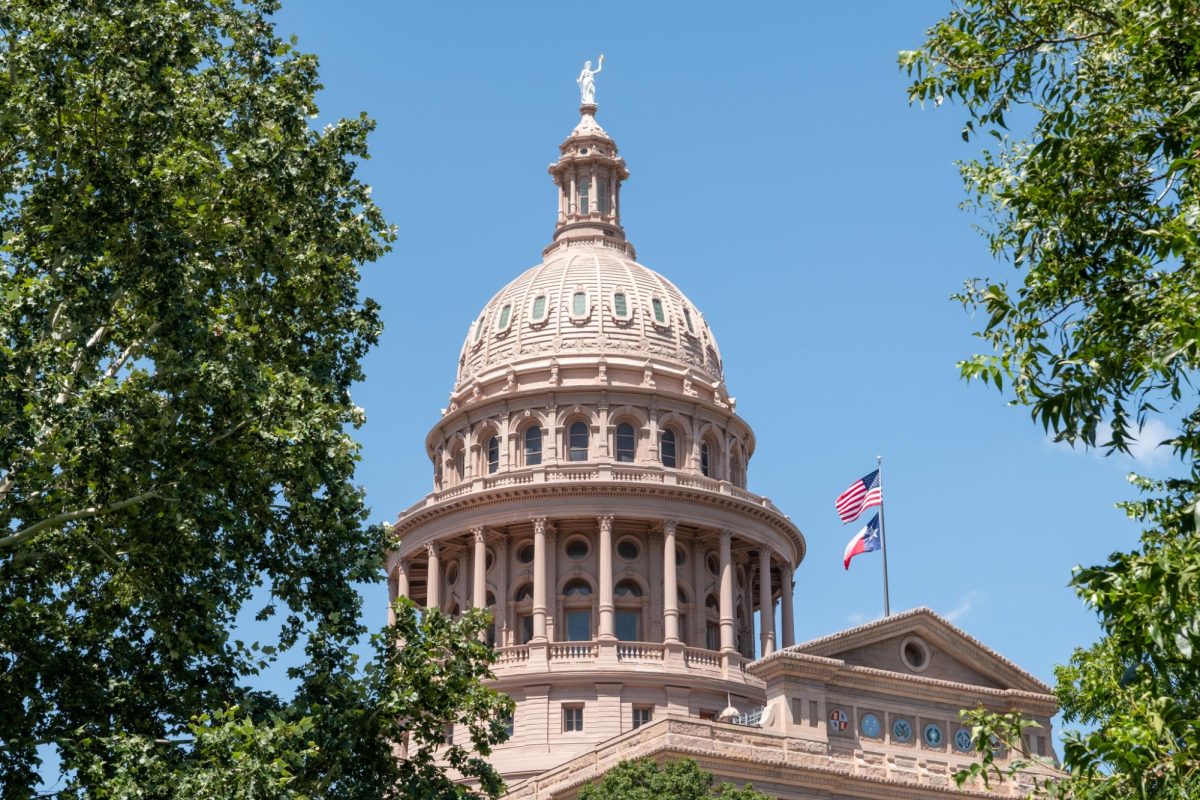The University required students studying abroad in Japan to return and also restricted Japanese international students from visiting Japan in the aftermath of a March earthquake and tsunami.
Although some areas in the northeastern part of the country, including the city of Sendai, were directly affected, most of the country remains unharmed and out of immediate danger, said faculty in the Jackson School of Geosciences.
While power outages and production problems were countrywide, the earthquake did not affect as much as three-fourths of Japan directly, said Cliff Frohlich, associate director of the Jackson School of Geosciences. The Fukushima Nuclear Power Plant is still a concern, but it shouldn’t mean that no one can travel to the country, he said.
“I don’t know what the Japanese government’s position is, but in terms of earthquake risk, most of Japan wasn’t directly affected,” he said. “I don’t see any reason why people couldn’t visit parts of Japan in the South and Southwest.”
Five students were in Japan at the time of the earthquake, and 10 more planned to depart for Japan within the following month, said Heather Barclay Hamir, director of the Study Abroad Office. The International Oversight Committee — a group in the UT Study Abroad Office that determines guidelines for the health and safety of traveling UT students — classified Japan as a Category 2 restricted region on the University’s restricted regions list, she said.
According to the study abroad website, regions classified as Category 2 are high-risk and travel to them is restricted. Other countries ranked as Category 2 include Egypt, Libya and parts of Mexico, including many border states. The 50-mile radius around the Fukushima Nuclear Power Plant is ranked as a Category 1 region, meaning that travel is extremely limited. The University based their rankings on the aftereffects of the earthquake and tsunami and continuing problems at the nuclear power plant, Barclay Hamir said.
The earthquake in Japan was larger than anyone had estimated it could be and was one of the dozen largest earthquakes in the last 100 years, Frohlich said. Japan has some of the best seismologists in the world and is extremely well-prepared for earthquakes, but did not anticipate a nine on the Richter scale, he said.
“In a way, what happened in Japan was just a horrible coincidence,” he said. “You can’t really prepare for that, and Japan did quite well. That doesn’t mean it’s not a disaster, but I’m impressed with how Japan handled things.”
While much of the country is past the danger of the earthquakes themselves, the Fukushima Plant is still a major concern because of the chemical byproducts it releases into the water, said Nicholas Hayman, research associate in the School of Geosciences. That, coupled with the panic in Tokyo, is reason to hold off on travel to Japan for now, he said.
“To me, the thing that’s sensible about having some caution about Japanese people coming and going is the sense of emergency,” he said. “It’s not just UT — many universities are putting restrictions on traveling to Japan as well. It makes sense for the general public to have caution about going there.”




















